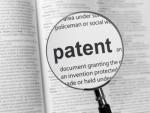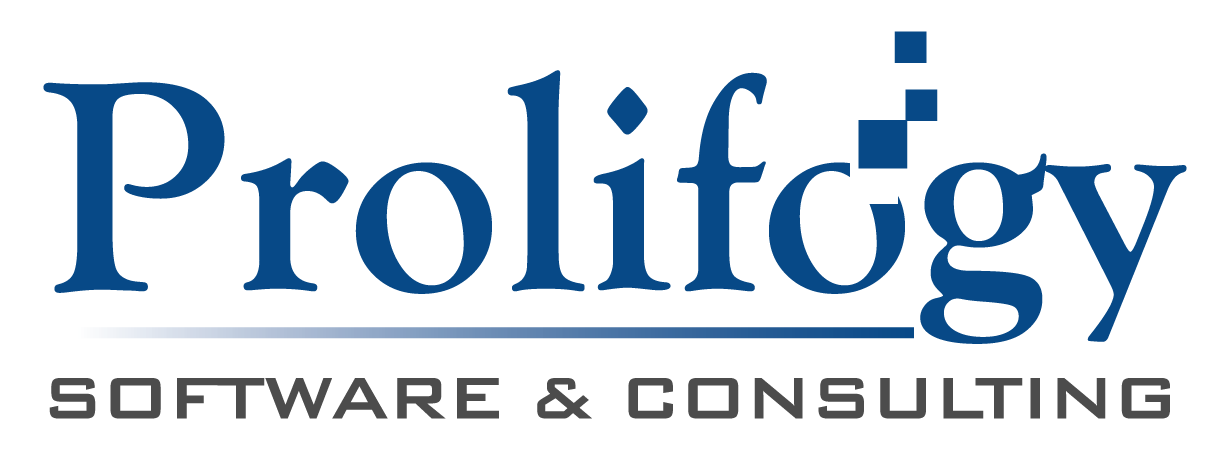Role of Subject Matter Experts for Patenting Inventions
 Licensing and infringement litigation are two primary potential income sources from a patent. With licensing, the inventor permits the licensee to make, use, sell, or offer to sell a patented invention for compensation. With infringement litigation, the inventor seeks damages from entities who have already engaged in the above without permission. After a patent is issued by the United States Patent and Trademark Office (USPTO), it may be sold, licensed, litigated, and/or discarded by the assignee.
Licensing and infringement litigation are two primary potential income sources from a patent. With licensing, the inventor permits the licensee to make, use, sell, or offer to sell a patented invention for compensation. With infringement litigation, the inventor seeks damages from entities who have already engaged in the above without permission. After a patent is issued by the United States Patent and Trademark Office (USPTO), it may be sold, licensed, litigated, and/or discarded by the assignee.
With patent sales, the inventor or assignee must convince a prospective buyer that the patent is valid and worth using in a product or service. The same is also true for prospective licensees, where the licensee would generally pay royalties based on use.
Some inventors fail to realize that the patent should not only be perceived as novel and useful to USPTO examiners and those of ordinary skill in the field, but also other experts in the field. The more society perceives the invention to be novel and useful, the more money it will command for sales and licensing, but also the more scrutiny it will receive from experts. In the sales and licensing context, the scrutiny occurs when buying/licensing decisions are made. In an infringement litigation context, the scrutiny takes place among several expert witnesses and attorneys in court. For these reasons, sophisticated patent buyers and licensees hire subject matter experts to screen patents before any decisions are made.
Independent subject matter experts tend be more objective than inventors because the latter often have a financial stake in the patent and generally look more favorably upon the usefulness or novelty of their own invention than society-at-large. These kinds of biases can predispose inventors to assumptions and beliefs about the invention or its surrounding field that could be inaccurate or naïve. Subject matter experts often have more knowledge, education, and experience in the industry or specific field than the inventor himself and can sometimes more objectively and quickly identify prior art, workarounds, or serious claim language issues.
Prolifogy associates are called upon from time to time to serve as subject matter experts, both for licensing and litigation purposes. A common problem is when an invention in question teaches prior art. That is, when it is possible to demonstrate that the invention was known before the effective date of the patent. In this case, the patent would be invalid. In the context of licensing, a buyer who strongly believes a patent is invalid would consider it worthless. In the context of infringement litigation, the entity accused of using, making, selling, or offering to sell the invention would be permitted to continue doing so.
Inventors are already well aware of the expense of prosecuting a patent. However, attempting to sell or license a patent could very well be fruitless unless it is properly vetted with subject matter experts. Likewise, attempting to litigate a patent could involve significant expense with zero ROI if the patent is found by the court to be invalid. It therefore makes sense to involve subject matter experts early in the process when the patent is first drafted. This will help ensure that the effort and expense of obtaining the patent is worth the pursuit.
Prolifogy offers subject matter expertise in conjunction with other partner firms. For more information regarding how Prolifogy and its partners can help with software related patents, contact Prolifogy at (855) 776-5436.
